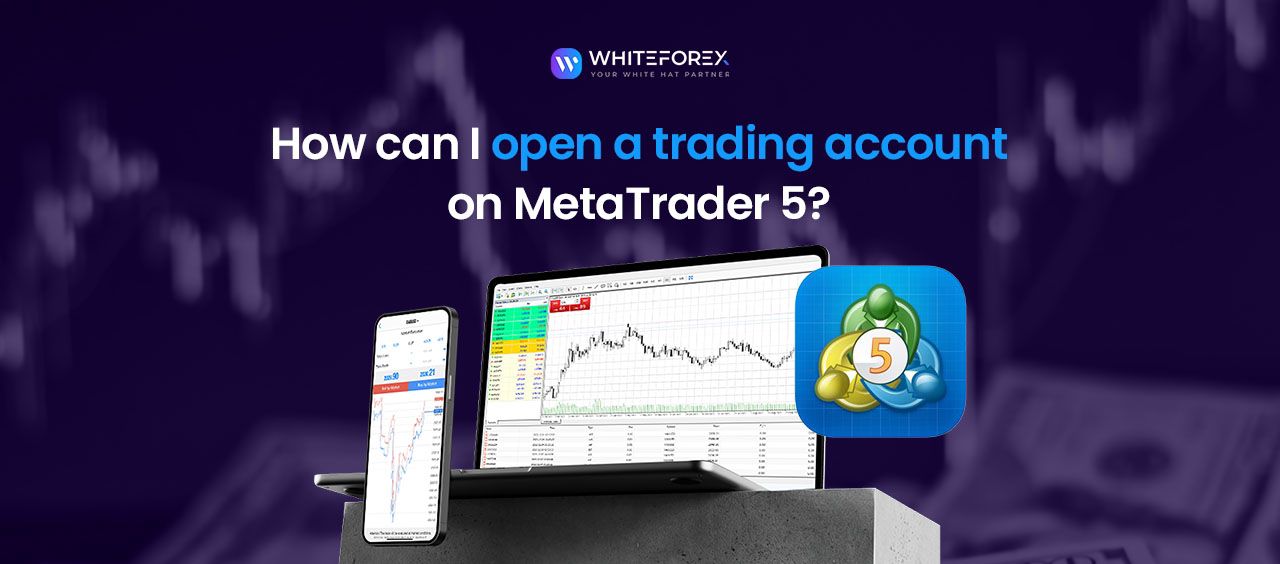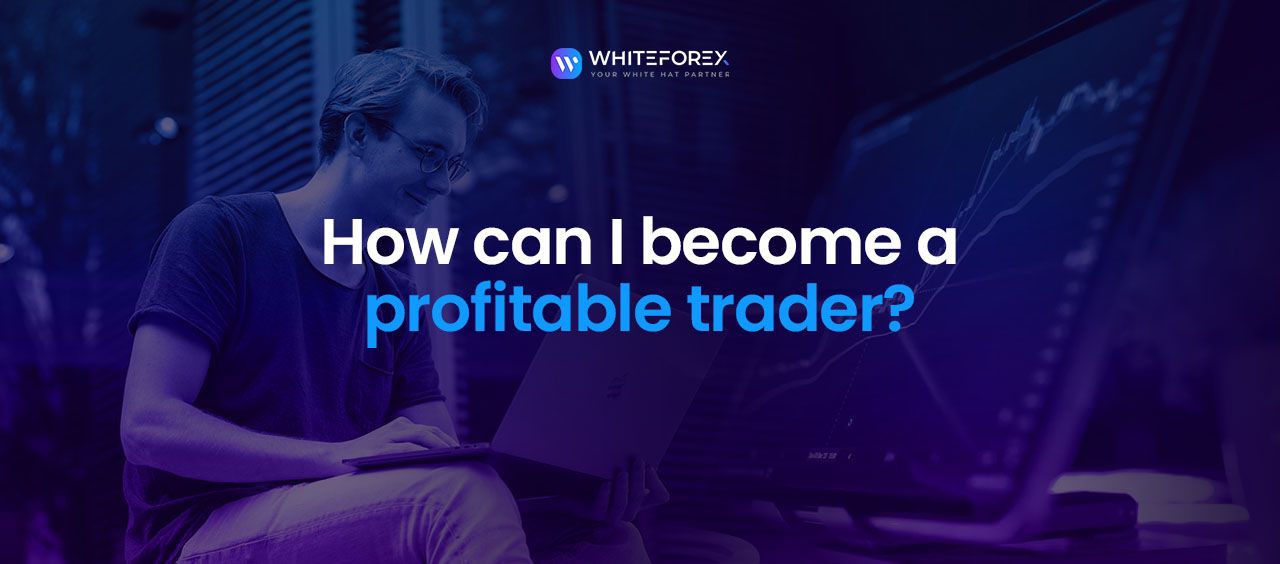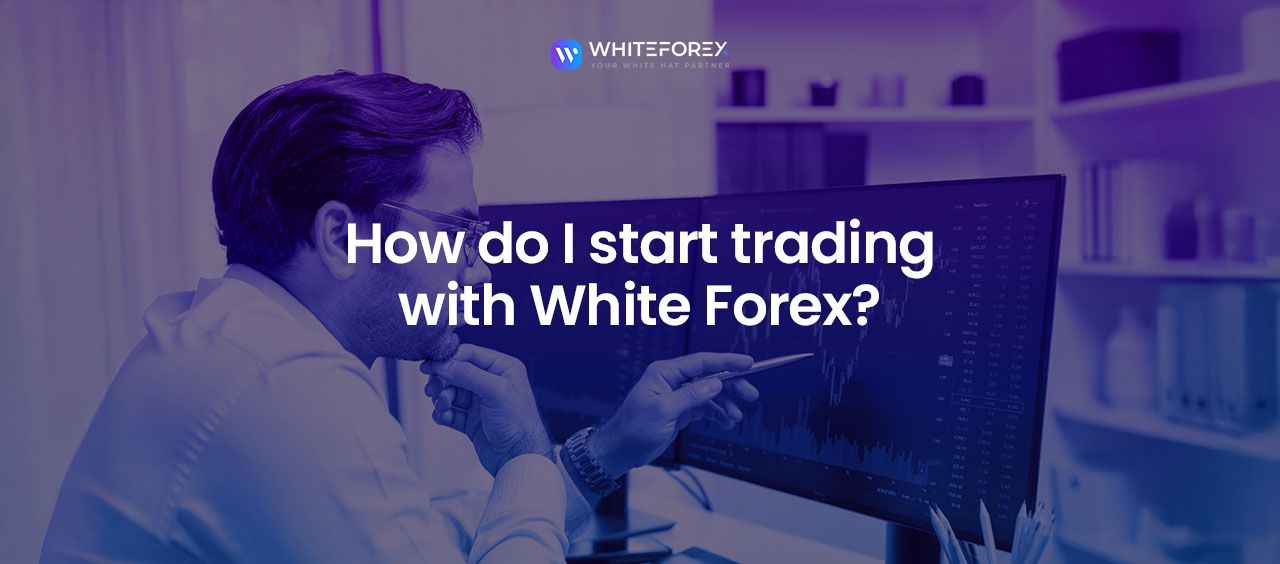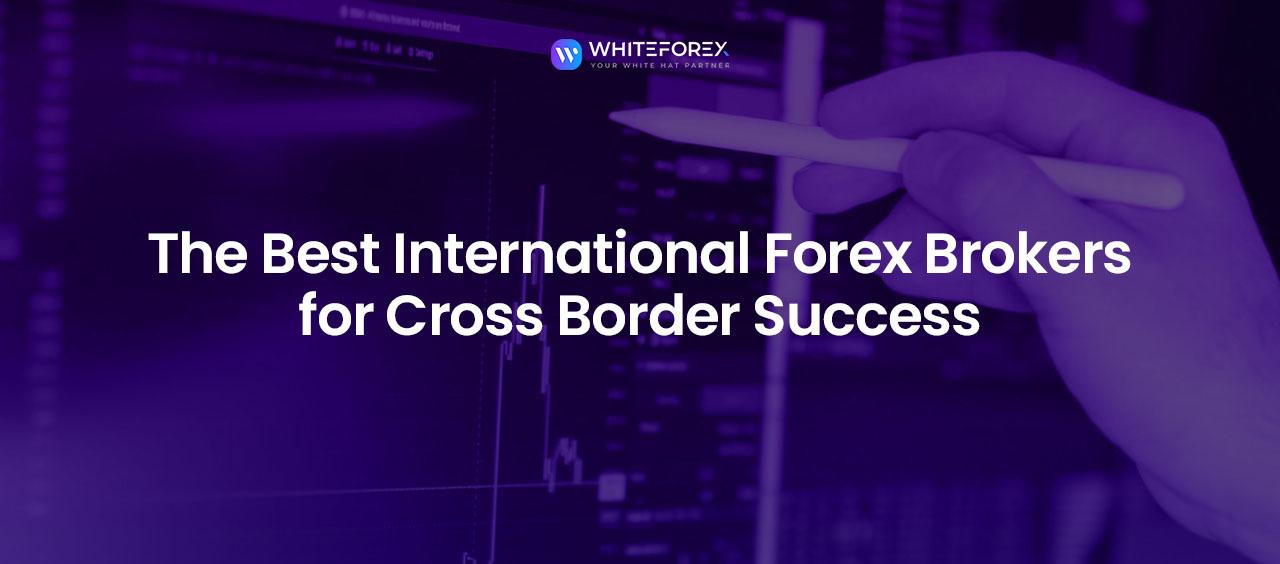When the Consumer Price Index (CPI) rises, it means that the prices of goods and services are going up. This usually happens because inflation is increasing. A higher CPI indicates that consumers are paying more for everyday items like food, housing, transportation, and healthcare. But what does it really mean when CPI increases, and how does it affect the economy? Let’s break it down in simple terms.
Effects of Rising CPI
The effects of rising CPI are often felt across the economy. When CPI goes up, it means that inflation is taking hold. Inflation is just a fancy way of saying that prices are rising over time. As a result, everything from your grocery bill to the cost of your commute could get more expensive. For most people, the immediate impact of a higher CPI is that their cost of living increases. You may find yourself paying more for everyday items like food, gas, and even rent. As prices rise, the value of your money decreases, meaning you can’t buy as much as you could before with the same amount of money.
This decrease in purchasing power is one of the primary consequences of a CPI increase. If your wages don’t keep up with the rising costs, you might have to adjust your spending habits. For example, you might spend less on non-essential items or look for cheaper alternatives for things like food or entertainment.
Impact of Increased CPI on Inflation
A higher CPI is one of the main indicators that inflation is rising. When inflation increases, it means that the general price level of goods and services in the economy is climbing. This often happens when there’s more demand for goods and services than there is supply, which pushes prices up. As prices rise, people’s purchasing power decreases because the money they earn doesn’t stretch as far as it used to.
The impact of increased CPI on inflation can be significant. For consumers, the most noticeable effect is that everything becomes more expensive. This can lead to people cutting back on spending, which can hurt businesses that rely on consumer spending to drive their sales. On a larger scale, high inflation can slow down economic growth because people are spending less and businesses are facing higher costs for materials and labor.
How Higher CPI Affects the Economy
A higher CPI doesn’t just affect consumers; it has broader implications for the economy. When inflation rises and the CPI increases, central banks like the Federal Reserve may take action to try and control it. Typically, they do this by raising interest rates. This makes borrowing more expensive, which can reduce consumer spending and business investment.
Higher interest rates can slow down the economy by discouraging people from taking out loans for big purchases like homes and cars. If businesses face higher borrowing costs, they might hold off on expansion plans, which can lead to slower job growth and less economic activity overall.
Consequences of CPI Increase on Interest Rates
When the CPI increases and inflation rises, central banks often respond by increasing interest rates. This is done to help control inflation and prevent the economy from overheating. Higher interest rates make borrowing more expensive, which tends to reduce spending and investment in the economy. This can help to cool down inflation, as demand for goods and services decreases.
For consumers, the immediate consequence of CPI increase on interest rates is that loans and mortgages become more expensive. If you were thinking of buying a home or financing a car, the higher interest rates would increase your monthly payments, making those purchases less affordable. However, higher interest rates can benefit savers, as they tend to get better returns on savings accounts or other fixed-income investments.
CPI Increase and Cost of Living
The CPI increase and cost of living are closely linked. As the CPI rises, it directly affects how much you pay for everyday goods and services. For example, groceries, gas, and utilities may become more expensive. Rent and housing prices could also rise, as landlords adjust prices to keep up with inflation.
The cost of living can rise sharply during times of high inflation, which means that families and individuals might have to cut back on spending or make changes to their lifestyles. Some people may have to look for cheaper housing, change their transportation habits, or spend less on discretionary items like entertainment and dining out.
If wages don’t rise at the same pace as the CPI, the cost of living increase can lead to financial strain, especially for people with fixed incomes. This is why it’s crucial to keep an eye on inflation and understand how it’s affecting the prices of everyday items.
What to Expect When CPI Rises
When CPI rises, you can generally expect a few things to happen. The most immediate effect will be higher prices for everyday goods and services. This is usually accompanied by a decrease in your purchasing power, as your money doesn’t stretch as far as it used to. The impact of increased CPI on inflation means that consumers may have to adjust their spending habits and look for ways to manage their budgets more carefully.
If inflation continues to rise, central banks may increase interest rates to try to control it. This could lead to higher borrowing costs, which might slow down spending and investment. For businesses, higher costs for materials and wages could lead to price increases for consumers.
On a broader scale, a rising CPI can lead to slower economic growth. Consumers may reduce their spending, and businesses may cut back on investments, which can lead to fewer jobs and less economic activity overall.
Conclusion
In conclusion, when the CPI increases, it usually signals a rise in inflation, which leads to higher prices for goods and services. This affects the cost of living and can reduce your purchasing power. Central banks may respond by raising interest rates, which can slow down the economy and reduce inflation. As a result, consumers might face higher borrowing costs, while businesses may struggle with increased expenses.
The impact of increased CPI on inflation and its effects on the economy can be significant, so it’s important to keep an eye on CPI trends and understand how they affect your finances. When CPI rises, expect to see a rise in prices and potential changes in interest rates that could influence your spending and saving decisions.








